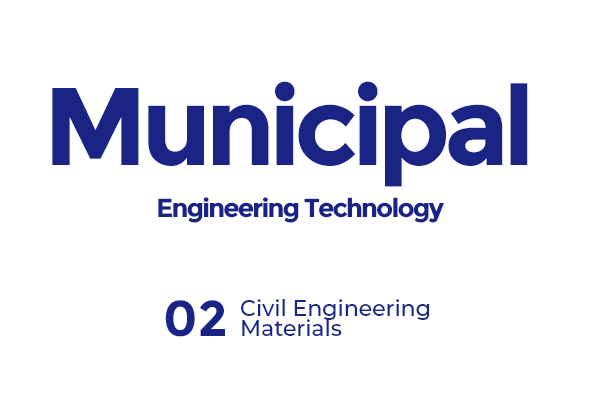TEL:+855 99 294 999
FAX:+855 99 294 999
E-MAIL:catecp@china-asean.cn
Lesson Code: TCEN2025H019
Clicks:
![]()
1. Lecturer LI TaoShanghai Urban Construction Vocational College
2. Lecturer YANG RuihuaShanghai Urban Construction Vocational College
3. Lecturer LIU TingShanghai Urban Construction Vocational College
4. Lecturer YAN XiaohuiShanghai Urban Construction Vocational College
5. Lecturer WANG HaoShanghai Urban Construction Vocational College
![]()
![]()
![]()
1. Corresponding PPT
2. Online Course Video
3. Simulation Question Banks
![]()


![]()
1. Being able to carry out material tests according to standards (for example, asphalt penetration, concrete compressive strength tests).
2. Being able to correctly select engineering materials and analyze their suitability.
3. Possessing awareness of safety in operations and capability for teamwork.
![]()
![]()